Resources
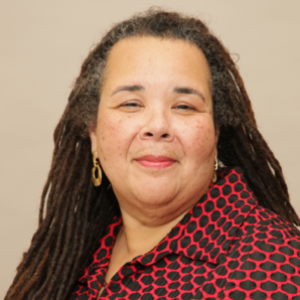
Nancy Lynne Westfield Associate Professor of Religious Education Drew Theological School My father, Lloyd R. Westfield, spent the majority of his career as a school psychologist with the Philadelphia public school system. He loved his job, and by many accounts, he was very good at his job. I have vivid
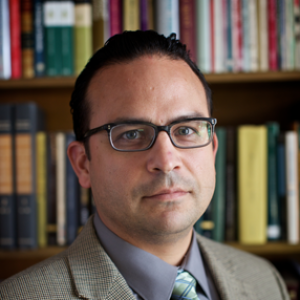
Gregory L. Cuéllar, Ph.D. Assistant Professor of Old Testament Austin Presbyterian Theological Seminary My introduction to Old Testament course has served as an experimental site for decentering racializing master-narratives, especially those that have contributed to the marginalization of the Other in the Texas-Mexico Borderlands. As a Latino biblical scholar, decentering represents an important pedagogical tactic that is shaped and informed by various forms of critical theory, postcolonial theory, and archival studies. This theoretical apparatus also draws heavily upon a lived experience of marginalization as an ethnic-Mexican in the Texas-Mexico Borderlands. Moreover, the present racial crisis in U.S. society has made...
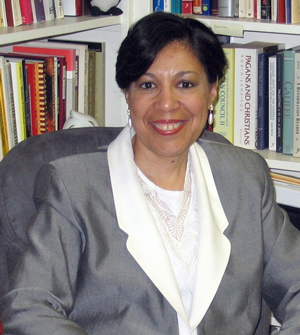
Loida I. Martell-Otero Professor of Constructive Theology Palmer Theological Seminary of Eastern University When those of the dominant culture express shock and dismay at events such as those that took place in Ferguson, Missouri in 2014, when they claim with indignation that this “should never happen again,” I think of a Puerto Rican proverb: “No hay peor ciego que el que no quiera ver (There is no worse blind person than the one who refuses to see).” Joseph Barndt observes that in the socialization process of being raced as white, the dominant culture is not only segregated from people of..
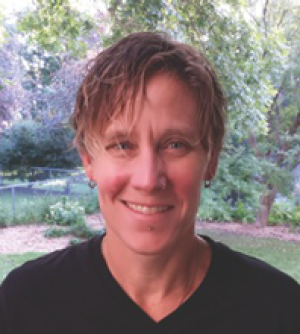
Jennifer Harvey Associate Professor Drake University In some ways it’s really simple. If we had genuinely multi-racial classrooms in the U.S. the challenge of race in those same rooms would be much less of one. We so quickly find ourselves embroiled in an oh-so-familiar conversation when the pedagogical question becomes how to best teach race, privilege, U.S. religious history, ethics, and justice in the religion and theology classroom. How do we keep white students from shutting down? How do we get them to understand? How do we enable them to recognize their stake in such learning when so few of them have had to..
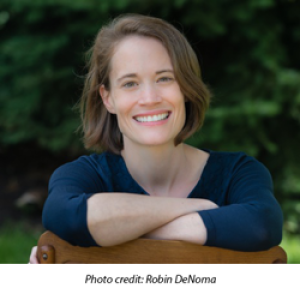
Elisabeth T. Vasko Ph.D. Assistant Professor of Theology Duquesne University In recent years, I have taught an upper-level Christology course in which we examine race, gender, and power. Sometimes my students register their dissatisfaction with reading Christology from the margins (James Cone, Kelly Brown Douglas, and Marcella Althaus-Reid) instead of the center (Anselm, Barth, von Balthasar, and Rahner). I can understand their frustration and discomfort. In the classroom, I make an effort to accept it and to take it seriously. I should also note that I teach at a university where the student population is mostly white. By and large,
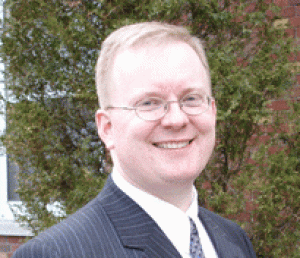
Robert C. Fennell, Th.D. Associate Professor of Historical and Systematic Theology Atlantic School of Theology The most uncomfortable thing I ever say among professional colleagues is that when I was a child I was taught that we are all racist. In 1970s Western Canada, where I grew up, racism was real but often obscured by polite indifference and feigned ignorance. Yet our public school system urged us to see that within most of us there is an element that fears and reacts to difference. The terms for this dynamic were probably different then, but that was the heart of the...
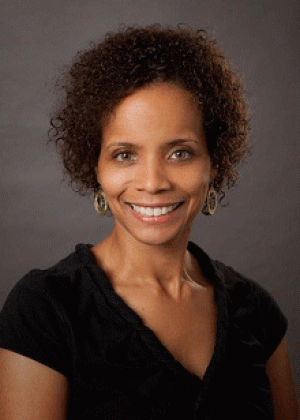
Leah Gunning Francis, Ph.D. Associate Dean for Contextual Education and Assistant Professor of Christian Education Eden Theological Seminary Now I get it. For the past three months, I couldn’t figure out why a jury would believe that an 18 year old unarmed man would charge – head first – toward a police officer who is shooting at him. Soon after Michael Brown was killed on August 9, several local officials intimated that Brown was charging at Officer Darren Wilson and left no other recourse but to kill him. Why would a person with no history of mental illness or of
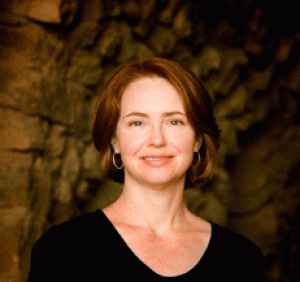
Miriam Y. Perkins, Ph.D. Associate Professor of Theology and Society Emmanuel Christian Seminary When Michael Brown was shot and killed in Ferguson, Missouri, I was reading the sermons of Martin Luther King, Jr.[1] “The tension in this city is not between white people and Negro people. The tension is at bottom between justice and injustice, between the forces of light and the forces of darkness.” “… noncooperation and boycotts are not ends themselves; they are merely means to awaken a sense of moral shame in the opponent. The end is redemption and reconciliation.” “Noncooperation with evil is as much a
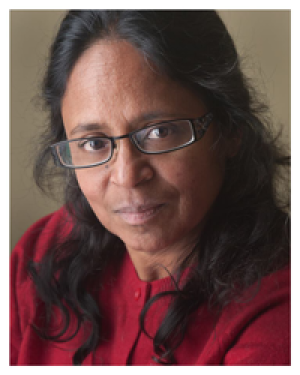
Dr. Himanee Gupta-Carlson Assistant Professor SUNY Empire State College Three stories capture my take on how race matters. Story #1 opens in a grocery parking lot. I park my car and open the door. Trying to remember what I need to buy, I do not notice the pick-up truck beside me as I step out. Then, I hear a male voice bellowing at me to close my door and stop ruining his truck. Hurriedly, I close the door. I apologize and check his vehicle for damages. The man shouts a little louder, glares at me, and revs up his engine...
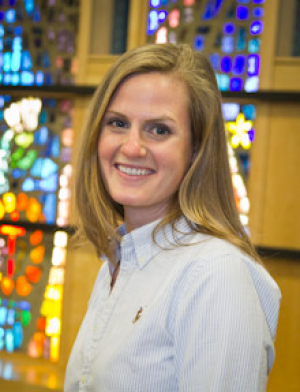
Mara Brecht, Ph.D. Assistant Professor of Theology St. Norbert College Teaching race is a boulder. And up the mountain I push it. When I teach race, I feel like Sisyphus because I never seem to get anywhere. The questions repeat and the anxieties recur each semester. It’s always the same: I know what parts of assigned texts will provoke students. I’m prepared for the discomfort, the tears, and the under-the-breath comments. I can even hear the conversations before they happen: White students indignantly protest Peggy McIntosh’s essay on white privilege: “But I had to earn what I have!” They respond...